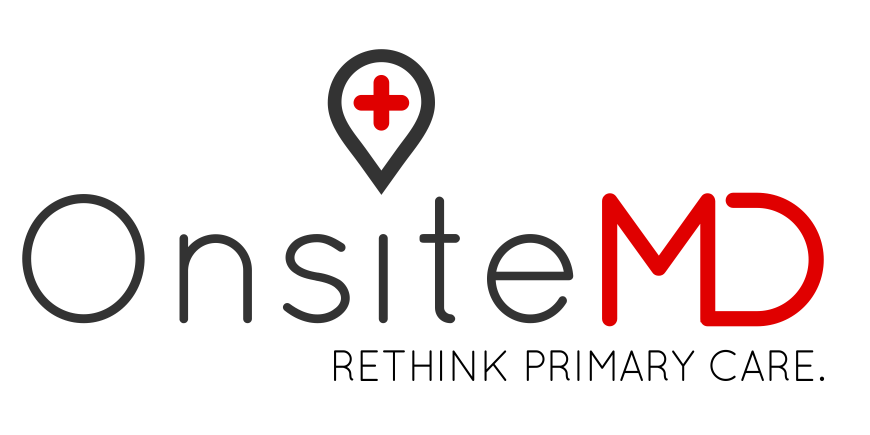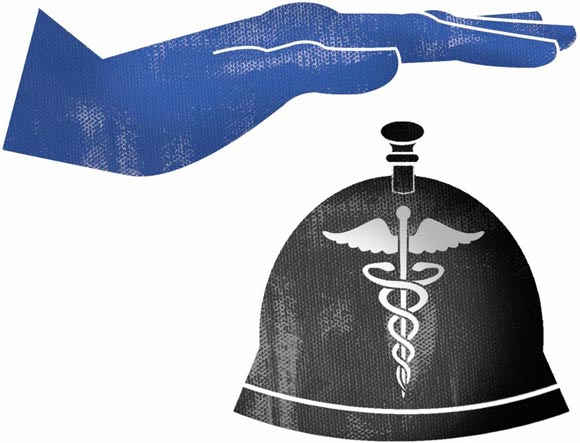As the landscape of US healthcare continues to evolve, a new form of patient care is
emerging. Concierge medicine (also known as retainer medicine) is a relationship
between patients and primary care physicians where the patient pays a monthly or
annual retainer to have access to a higher level of immediate care. With the
introduction of the Affordable Care Act, a wave of newly insured consumers has
stretched existing primary care providers somewhat thin, making face time with a
doctor harder to achieve. In highly populated areas, concierge medicine is giving
patients an option to pay for physicians with a more personalized approach to
healthcare.
No longer just a privilege for the wealthy, the growth of the concierge medicine
model has made it more accessible to the average consumer. As little as $200/year
can earn patients access to primary care physicians outside of those increasingly
high volume practices that can cause frustration when patients need immediate
attention. When physicians adopt the concierge model, they are able to provide a
high-touch, personalized healthcare solution wherein they are able to take personal
responsibility for patient needs.
Concierge healthcare is also being seen as a viable alternative to the traditional
model of insurance-required primary care practices. Because the cash-based
retainer model essentially bypasses the need for insurance and comes directly out of
the pocket of the consumer, many patients are using concierge healthcare services
as a temporary solution when without insurance or as a substitute overall. Ethical
and legal issues in certain states aside, these services are providing reliable
healthcare to those in need, and growing quickly.
More and more quality physicians are being attracted to the no-insurance, retainer
model as well. About 6% of physicians were involved in concierge or cash-only
practices in 2014, up from 4 percent in 2012. Nevertheless, that number is “growing
very rapidly,” says Mark Pauly, a professor of health care management at the
Wharton School at the University of Pennsylvania.
“They think this is a more noble way to deal with a patient population than trying to
run everything through insurers,” Pauly says. “It’s a way to keep it affordable and
keep it accessible.”
With waiting rooms becoming more hectic and demand for physicians surging in
highly populated areas, concierge medicine is filling the gaps in a system that has
yet to achieve equilibrium. It is up to the patient to determine which investments
are appropriate for their personal healthcare needs, but the option of concierge
services is a welcome one, especially with rates becoming more and more
reasonable. Rethink primary care and discover better health for yourself – explore
all of the modern options surrounding healthcare.


Add Comment